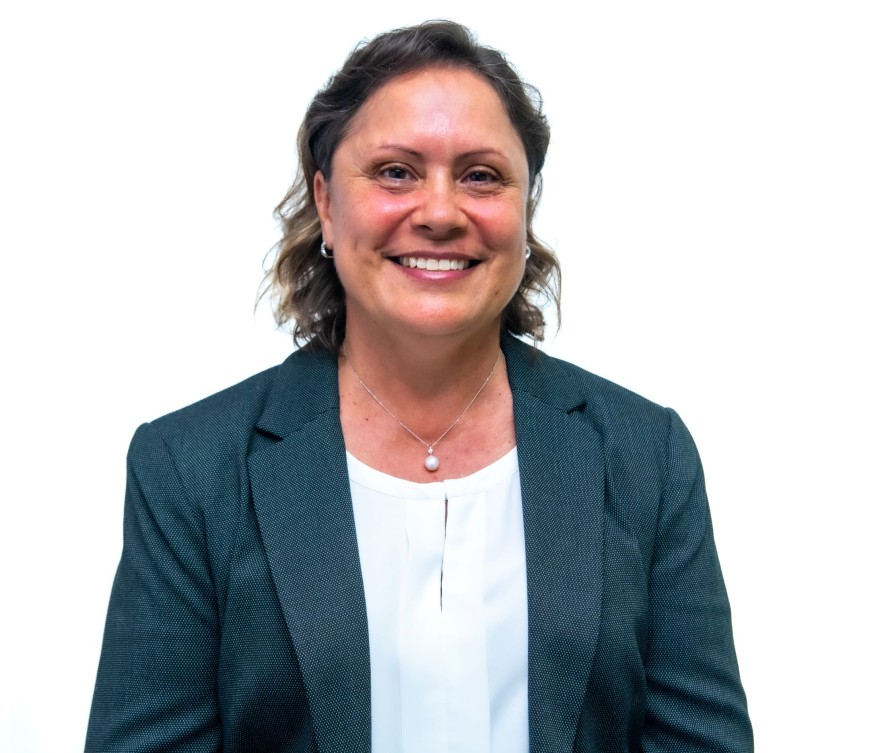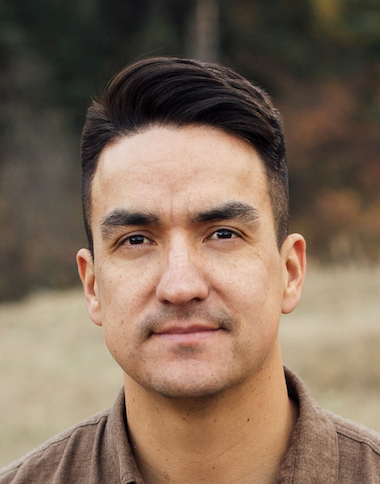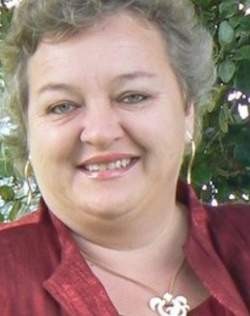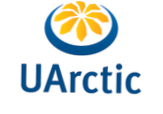PED-1001 Introduction to Indigenous perspectives on special education

- Course code: PED-1001
- Level: Bachelor, basic level
- Scope: 7.5 ECTS credits
- Over how many semesters: 1 semester
- Course provision: The course is carried out virtually
- Curriculum
CONTENT
In this course we introduce students to Indigenous perspectives on special education. Students will learn the basics of special education from global Indigenous perspectives. Indigenous children and youth in need of special support are dependent on dominant, colonial education systems that may not align with Indigenous ways of knowing, being and doing. This course addresses critical aspects of special educational provision such as effects of colonialism, power imbalance, relationality,and ethical considerationsin global Indigenous contexts. Models of disability and special education will provide a historical background.
Current policies and legislation will be examined in relation to special educational practices in a selection of global Indigenous contexts. Strengthbased inclusive special education practices will be analysed through Indigenous paradigmatic lenseswill provide a broader context. Core concepts within the field of special education such as inclusion, exclusion, empowerment, stigmatization,and labelling will be scrutinized through pan-Indigenous and tribally specific lenses, and Indigenization of special educational practice discussed.
Lecturers
|
Indigenous Australia perspectives on Special Education: Dr. Tracy Woodroffe is a Senior Lecturer and Researcher in the Faculty of Arts and Society specialising in Teacher Education and the significance of culture and inclusive practice. She is a Warumungu Luritja woman with extensive experience in Early Childhood, Primary, Secondary and Tertiary classrooms. Dr. Woodroffe was the recipient of the 2022 Vice-Chancellor's Award for Teaching Excellence - First Nations Teaching Excellence. |
|
|
|
|
INCLUSION IN STUDIES
The course can be taken as an independent course, or included as a supportive, elective, or free course in various bachelor’s degree programs. It is especially appropriate for students in educational studies such as pre-school and teacher education, as well as for teachers and other professionals working in fields in which they handle issues of diversity and the special educational needs of Indigenous children and youth.
INSTRUCTION LANGUAGE
The language of instruction will be English. Assignments and the final exam can be delivered inEnglish, North Sámi, Norwegian or Swedish language.
TEACHING AND LEARNING METHODS
The entire course will be virtual withfilmed lectures, flipped classroom and case studies.
CONDITIONS FOR TAKING THE EXAM
The following conditions must be accepted by the study coordinator before the student is allowed to takethe exam:
- One written assignmenton approx. 1000 words
EXAMINATION
Individual five-day home exam of 2000-3000 words.
Grading sale: A graded scale A-F, where A is the top grade and F is the failing grade
Do you have questions about the study?
Please get in touch with the coordinator of the study:
Anne Lindblom
Email: anne.lindblom@inn.no
Opptakskrav
- Higher Education Entrance Qualification.
- Admission may also be gained by means of other qualifications recognized as being on a par with the Higher Education Entrance Qualification, such as recognition of prior learning and work experience.
A list of the requirements for the Higher Education Entrance Qualification in Norway can be found on the web site from the Norwegian Agency for Quality Assurance in Education(NOKUT).
- For language requirements we refer to NOKUT's GSU-list.



 Dr. Kū Kahakalau
Dr. Kū Kahakalau 

